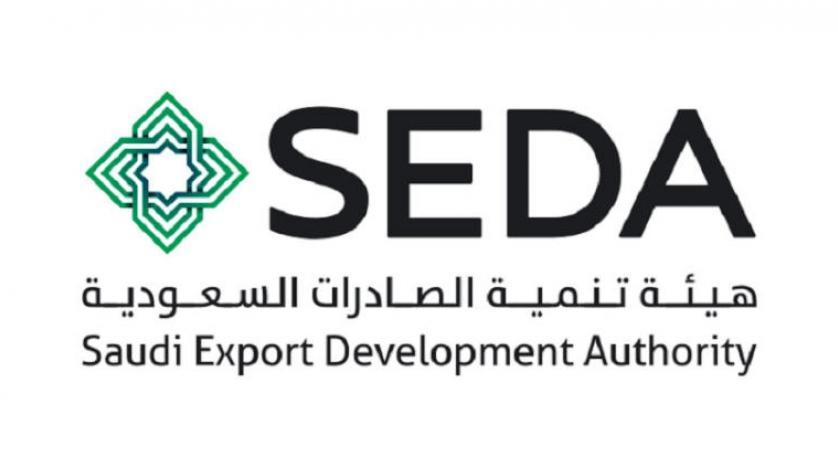The Saudi Export Development Authority (Saudi Exports) has played host to trade missions from Egypt and Nigeria in Riyadh from June 27 to 28, 2022, under the auspices of the Deputy Minister of Industry and Mineral Resources Eng. Osama Bin Abdulaziz Al-Zamil.
The meeting brought together Egyptian and Nigerian importers from the construction, food, and medical sectors and Saudi exporting companies under the “Saudi Made” logo aspiring to promote the growth of Saudi non-oil exports, support Saudi exporters to access promising markets in Africa, thereby strengthening trade cooperation between KSA and the African sides and attracting importers interested in Saudi products.
Organizing this event reflects the authority’s commitment to its strategy, which aims at extending the platform of Saudi products and their presence regionally and internationally in line with Saudi Vision 2030’s goals.
Additionally, the event maps Saudi Exports’ strategic moves to raise the share of non-oil exports to 50% of non-oil GDP by 2030 through strengthening economic and trade ties with the African countries, mainly Nigeria and Egypt.
To this end, officials from the Saudi companies held bilateral meetings with the Egyptian and Nigerian importers and organized visits to factories representing the targeted sectors. This, in turn, resulted in attracting 80 buyers from Egypt and Nigeria to import products from 120 Saudi producing and exporting companies, which will lead to greater trade exchange volume between KSA and these two countries.
Over the period 2016-2021, the volume of the Kingdom’s non-oil exports to Egypt reached SAR 42.3 billion followed by Nigeria with SAR 6.2 billion.
Accordingly, both countries ranked among the top 10 African export destinations. It is worth noting that in 2021 the Kingdom’s total non-oil exports to the African countries reached SAR 29.9 billion.
The event demonstrates the Saudi Export Development Authority’s ongoing efforts to revive the trade ties with the African continent and other priority countries in conjunction with its objectives, which support creating a competitive environment by addressing challenges and cementing the position of the Saudi product across several regional and global markets as outlined by Saudi Vision 2030.


